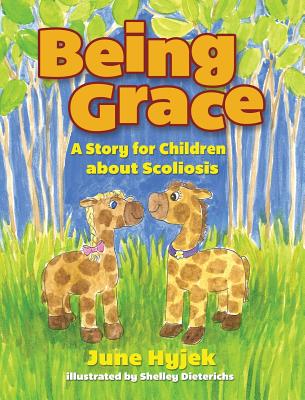
Scoliosis is an often misunderstood condition, generally relegated to the back of the funding line and mimized to just a "skeletal disorder." Yet, it impacts more than 12 million people in the U.S. alone, about 4.5% of the population, with 500 more being diagnosed each day. What used to be a condition mainly of young white girls, now impacts people of both genders and all ethnic backgrounds and ages. Billions of dollars are spent each year on patient treatments (more than $3 billion), but very little is being done to discover a cause or a cure. More than 8,000 patients who underwent Scoliosis surgery in their youth become permanently disabled each year, with a 14-year reduction in life expectancy.
While the physical effects of Scoliosis are complex and can be difficult and painful to manage, so are the emotional aspects. It creates a deformity, an imperfection, in a world that praises beauty and expects our youth to be perfect. What makes it more difficult is that the outward symptoms of the condition (the curved spine) begin to emerge in young girls and boys at a time when physical appearance can greatly impact self-esteem.
Being Grace can help these young children to understand the condition and have compassion for themselves and others who are different. Just like Grace, they can discover self-acceptance and realize that perfect comes in all shapes, sizes and colors -- even crooked.







